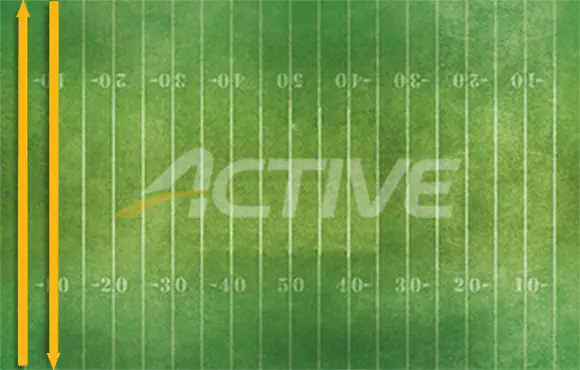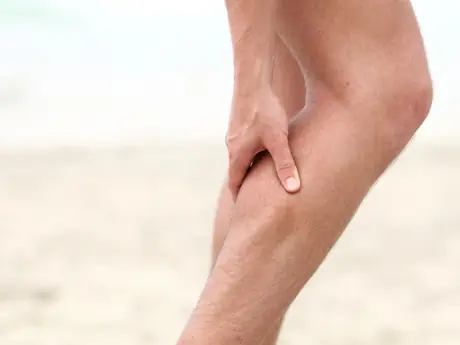10K Training Tip No.4: Hit the Trails to Avoid Injury
Jacquie Cattanach
"Injuries are the bane of every committed runner. There's nothing worse for a runner (or anybody who lives with that runner) than being injured and unable to indulge in their favorite pastime.
"Trail running surfaces are much softer than the asphalt or concrete you'll find when running around town. Softer surfaces mean fewer injuries, not only due to lower impact forces, but also because you'll build more strength in the muscles that help stabilize your lower leg. These muscles help absorb impact forces and provide more support—no matter what surface you're running on—and that can add up to fewer injuries."
More: 10K Training Tips From Jacquie Cattanach
10K Training Tip No.5: Good Posture
Runner's World Magazine
"Practice good posture. Not just when you're running, but all the time. This is especially important if you've got an office job, and are sitting at a computer all day (like us).
"Make sure your keyboard and monitor are properly positioned, and sit straight but comfortably in your chair. Some of us have recently started sitting on those large Swedish exercise balls, which encourages good posture because you have to use your legs and stomach muscles to keep from falling off. Good posture can improve your running efficiency and decrease injury risk. Ergo, better consistency."
More: 10K Training Tips From Runner's World Magazine
10K Training Tip No.6: Run Fast to Get Fast
Dan Empfield
"You must run fast. Not every run. Not even every other run. Maybe not even in one run out of three. But, when you're going to run fast, it's got to be fast.
"It's got to hurt. But here's the thing about hurting: This also is trained. The ability to withstand pain is trained. At the beginning of every season when I was a competitive runner, I was not only slow, I was a real wimp. My pain tolerance was untrained, and when those baroreceptors started firing I gave in quickly.
"However, as I got faster, and my ability to perform increased, my ability to maintain a high pain threshold for a longer period of time also increased. However, the only way your pain tolerance increases is to put yourself in a place of pain."
More: 10K Training Tips from Dan Empfield
 Sign up for your next 10K race.
Sign up for your next 10K race.- 2
- of
- 2
About the Author










Discuss This Article